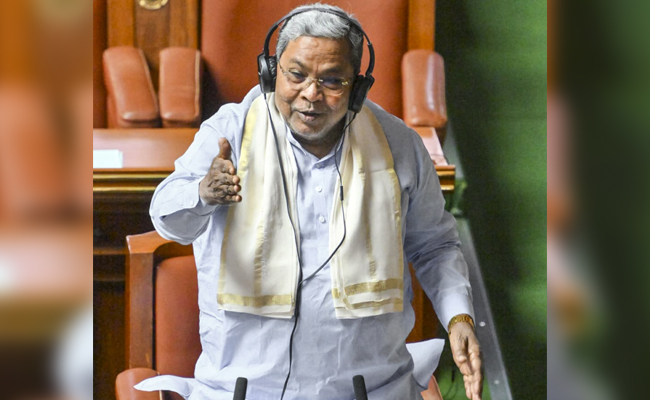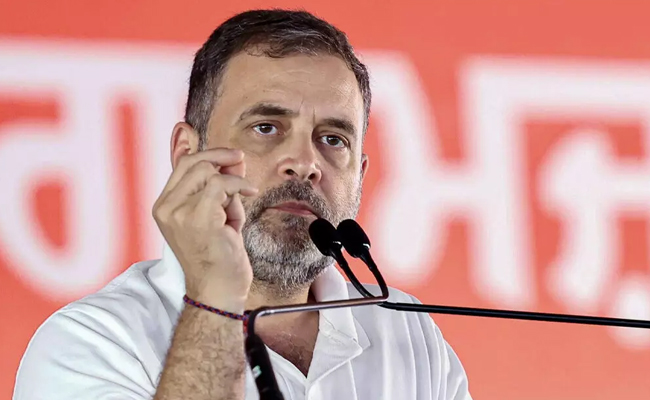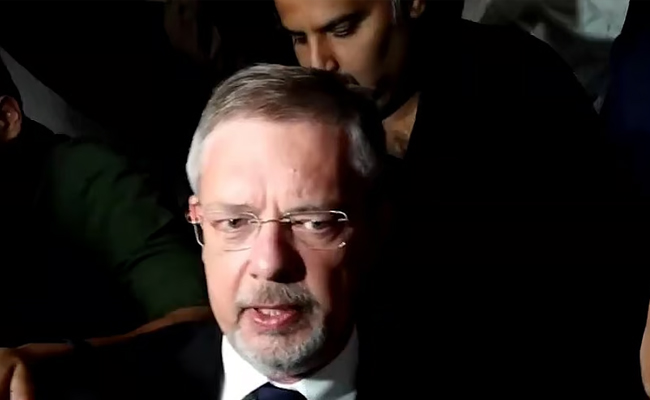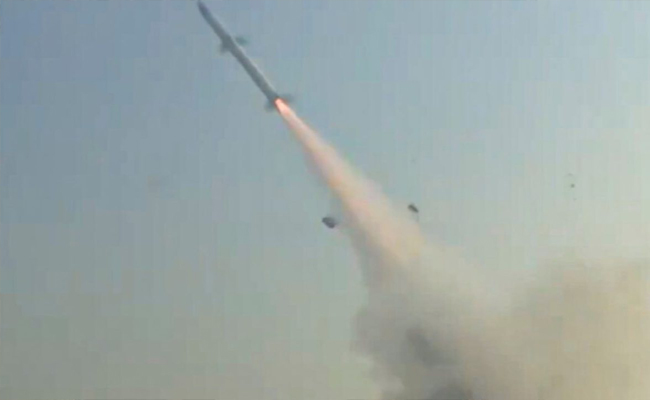The Judicial First Class Magistrate Court, Malappuram has issued summons on a complaint filed by Ms. A.S. Sainaba, President, National Women’s Front (NWF) alleging that a show aired by Times Now had wrongly accused her of playing a major role in converting women into Islam and providing them a hideout.
The show titled “Hindu girls are hunted, converted, exploited in Kerala” had aired in August last year, and had alleged that a “secret NIA report” had found Sainaba to be a “mentor” who persuaded Hindu girls to embrace Islam.
The complaint has been filed against Mr. Rahul Shivshankar, the Editor in Chief of Times Now, and Mr. Anand Narasimhan, the anchor for the show. They have to appear before the Court on August 30.
In her complaint filed through Advocate MP Abdul Latheef, Sainaba alleges that the report was trying to connect her with “love-jihad”, a terminology which was being used “to degrade Muslims in the country.”Calling the report false, she contends, “The entire news reports aired by the accused on 30-08-2017 was happened to be watched by millions around the globe and some of the friends, well-wishers and sympathizers contacted the complainant and expressed their dissatisfaction towards the complainant due to the obnoxious picture of the complainant portrayed by the accused.
The status, reputation and respect experienced by the complainant throughout her social life have been lowered and defamed due to the broadcasting of the news report mentored by the accused.
A number of people from different walks of life expressed their dissatisfaction towards the complainant in the wake of transmitting the defamatory news report.”
The secret NIA report in question appears to have been issued in the wake of the Hadiya case, which was decided by the Supreme Court in March this year. The NIA probe was ordered in August, 2017, under the supervision of retired Supreme Court Judge R.V. Raveendran. Sainaba had then been interrogated by the NIA for her alleged role in over ten cases of conversions.
It may be noted here that Sainaba was once Hadiya’s guardian after the girl allegedly left her home to study Islam and later, when she refused in the Kerala High Court to go with her parents. In fact, Hadiya’s father had made specific allegations against her in an Affidavit demanding his family’s security.
Her conduct in insisting on housing a complete stranger like Akhila, supporting her financially and otherwise taking responsibility for her by inter alia, arranging her so-called marriage with the Petitioner,raises serious disquiet about her intentions. Describes herself as “guardian” of Akhila,” his affidavit had said.
Thereafter, in March this year, the Apex Court had set aside the impugned Kerala High Court judgment which had called Hadiya’s marriage to Shafin Jahan a “sham”. The Court had, however, allowed NIA to continue its investigation into any aspects of criminality involved, while clarifying that the validity of marriage between the two would not be a subject matter of investigation.
Let the Truth be known. If you read VB and like VB, please be a VB Supporter and Help us deliver the Truth to one and all.
Bengaluru (PTI): The Budget Session of the Karnataka Legislature will begin here on Friday, with Chief Minister Siddaramaiah presenting the Budget for 2026-27, his record 17th as the state's finance minister.
This is another feat for Siddaramaiah, who recently surpassed D Devaraj Urs's record to become the longest-serving Chief Minister of Karnataka.
However, this has come amid speculation over a possible change of Chief Minister after the Budget session, citing a "power-sharing" arrangement between him and his deputy D K Shivakumar, at the time of the government formation in 2023.
According to official sources, Siddaramaiah as the finance minister, faces a "tightrope walk" as he must negotiate between containing the revenue deficit and funding his government's populist guarantee schemes ('Shakti', 'Gruha Lakshmi', 'Gruha Jyoti', 'Yuva Nidhi' and 'Anna Bhagya').
Faced with a revenue shortfall amid rising expenditure commitments, he has a task cut out to maneuver the state's finances while maintaining fiscal discipline.
As the CM is expected to look for resource mobilisation measures, speculations are rife that there may be an increase in taxes.
There are calls to trim the outlay on the 'guarantee' schemes, with annual spending for the five schemes exceeding Rs 50,000 crore. In 2025-26, the government allocated Rs 51,034 crore for the guarantee schemes.
Also to be factored in is an increase in the government's expenses like salaries, as it has decided to recruit for 56,432 vacant jobs.
The government expects a revenue shortfall of Rs 18,000 crore in the current fiscal (2025-26) due to factors like GST rate rationalisation among others, official sources said.
The total expenditure for 2025-26 was estimated to be Rs 4.09 lakh crore. However this may be lowered to about Rs 3.9 lakh crore, they said.
As per the 2025-26 Budget Estimates, the state's total liabilities by the end of March 2026 are projected at Rs 7,64,655 crore, which constitutes 24.91 per cent of the Gross State Domestic Product (GSDP), the government has said.
Meanwhile, Leader of Opposition in the Karnataka Assembly R Ashoka on Thursday took a dig at CM Siddaramaiah ahead of the state Budget presentation, claiming that the government is expected to borrow Rs 1.15 lakh crore and is likely to impose fresh taxes on the people.
He said the Budget would have nothing new, adding that its highlights would be criticism of Prime Minister Narendra Modi and repeated mentions of the five guarantee schemes.
The opposition is also expected to corner the government during the session on a host of issues, including the implementation of internal reservation among SCs during the recruitment process it decided to undertake -- the issue on which there is a rift between SC (Right) and SC (Left) factions within the ruling Congress.
Alleged diversion of Scheduled Caste Sub-Plan (SCSP) and Tribal Sub-Plan (TSP) funds to fund guarantee schemes, irregularities in the Karnataka Public Service Commission (KPSC) Mains examination and selection process, developmental issues, irrigation projects, and law and order are among the other issues on which the opposition is likely to target the government.
Several Bills, including an amendment to the Karnataka Prevention of Slaughter and Preservation of Cattle Act, 2020, aimed at allowing vehicles used for illegal transport of cattle to be released on an indemnity bond, and the Karnataka Crowd Control (Managing Crowd at Events and Place of Gathering) Bill, 2025, which was referred to a select committee, are likely to be tabled during the session.





